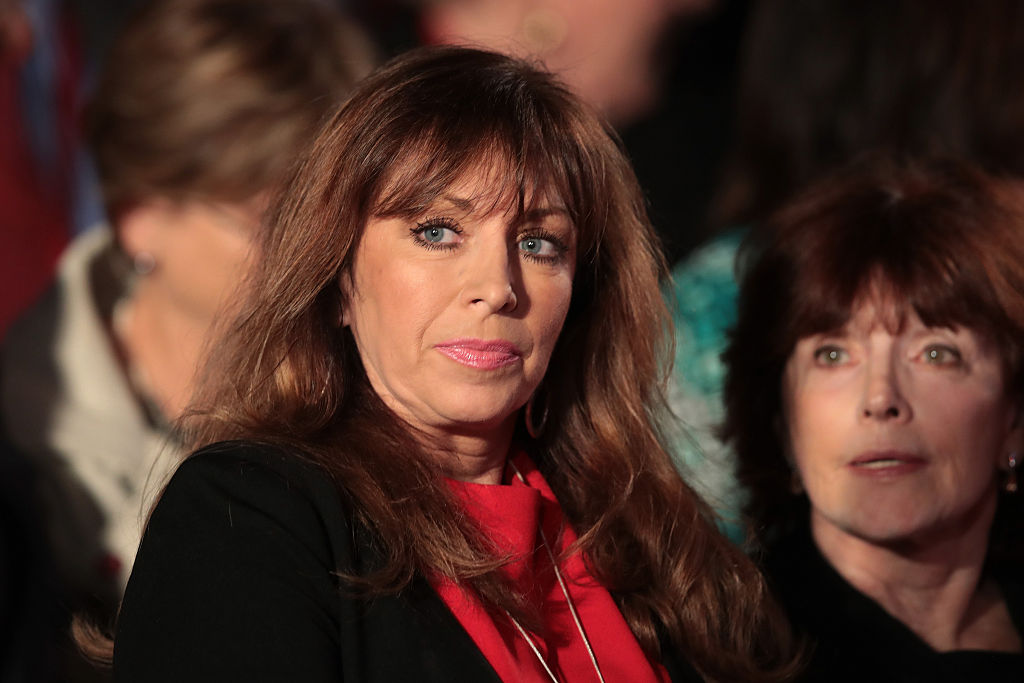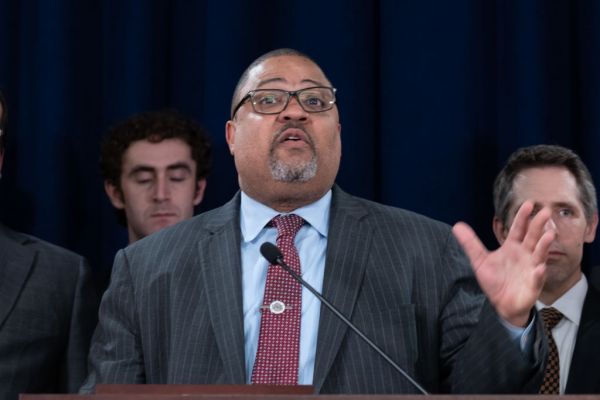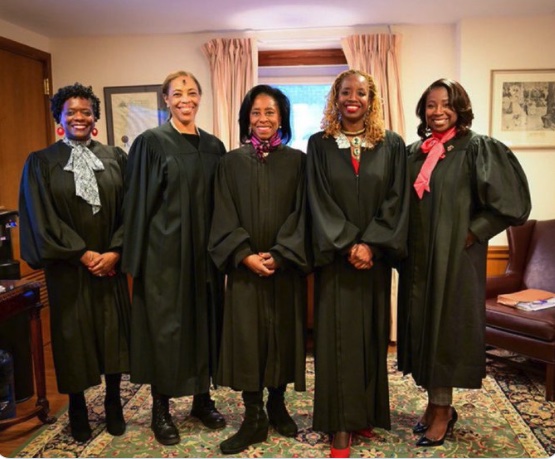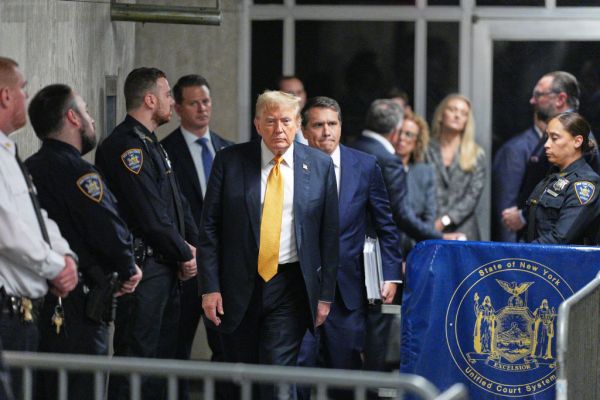Last week, a jury in Manhattan found Donald Trump guilty on 34 felony counts of falsifying business records related to hush money payments to adult film actress Stormy Daniels. During the trial, a meme contrasting Trump’s treatment to that of Bill Clinton during the Paula Jones scandal went viral across social media. “Didn’t SHE get $800,000 in ‘hush money’ from HIM? I guess that was different.”
The payments are, in fact, quite different.
In Trump’s case, the payments themselves did not land Trump in hot water. Instead, he was charged for falsifying records regarding those payments. Clinton’s payment to Jones, on the contrary, was part of a settlement related to a civil court case that had been public for more than four years.
In 1994, Jones sued Clinton for sexual harassment, citing a May 8, 1991, incident at the Excelsior Hotel in Little Rock, Arkansas, when she was a state clerk and Clinton the governor of Arkansas. According to Jones’ declaration in the case, Clinton made unwanted sexual advances and exposed himself to Jones after inviting her to his private suite.
Jones did not initially report the incident to law enforcement, but eventually filed a civil suit against Clinton in May 1994, after he was elected president, demanding $700,000 in damages and an apology. The case was dismissed almost four years later after Judge Susan Wright ruled that Jones could not prove that she had suffered sexual harassment and emotional distress, but Jones’ lawyers appealed the ruling. In November 1998, following his impeachment in the House of Representatives for lying under oath and obstructing justice in the course of the Monica Lewinsky scandal, Clinton settled the case with Jones out of court. In the settlement, Clinton agreed to pay Jones $850,000 in damages to drop her case against him. However, he was not required to admit guilt or issue an apology. Approximately $375,000 of the sum was paid out of a blind trust belonging to Bill and Hillary Clinton, with the remaining $475,000 provided by an insurance company that helped fund his legal defense.
If you have a claim you would like to see us fact check, please send us an email at factcheck@thedispatch.com. If you would like to suggest a correction to this piece or any other Dispatch article, please email corrections@thedispatch.com.









Please note that we at The Dispatch hold ourselves, our work, and our commenters to a higher standard than other places on the internet. We welcome comments that foster genuine debate or discussion—including comments critical of us or our work—but responses that include ad hominem attacks on fellow Dispatch members or are intended to stoke fear and anger may be moderated.